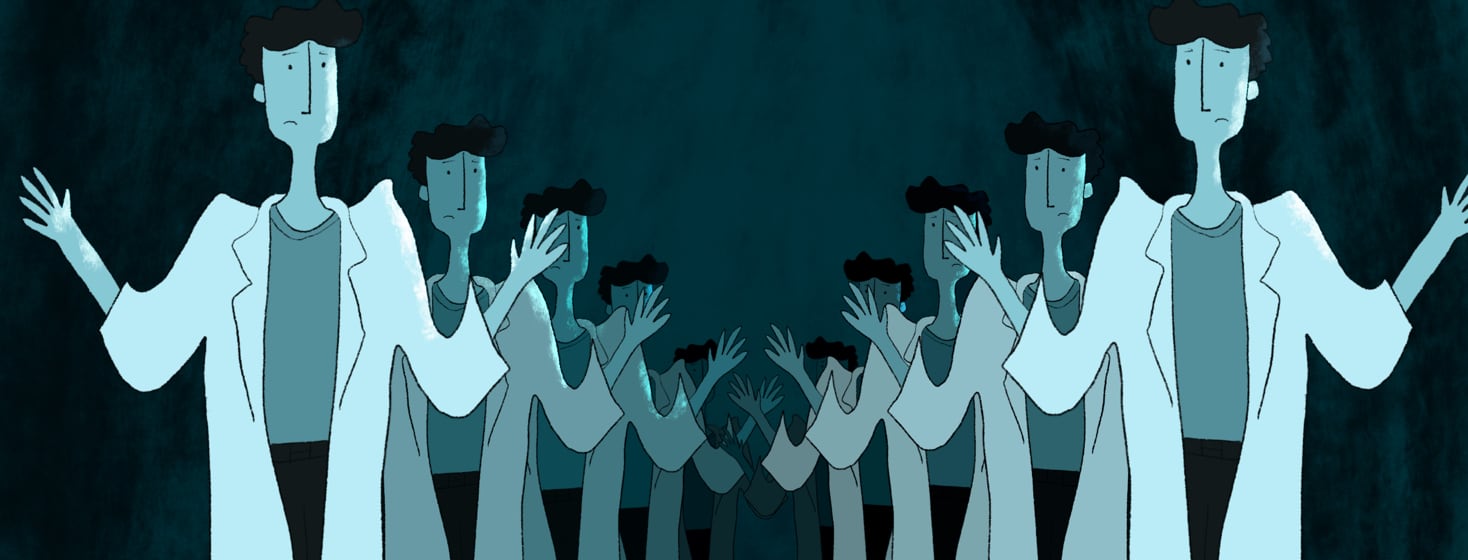But There is Nothing I Can Do For You
Now, I am going to go out on a very short limb and guess that most everyone has probably heard the phrase, "but there is nothing I can do for you" from a doctor at some point in time. Perhaps even several times?
One of the first times I heard it was over 15 years ago and I was going to see my amazing doctor for debilitating vertigo. After much testing I went to an appointment expecting one diagnosis only to receive a very different one. And he said those words. I still have the vertigo and I also lost my hearing. But this doctor was very caring and truly did all he could do for me.
It was just a few months later that I started experiencing chronic hives for the first time. I had no idea what was going on. My hives were not big and prominent like others. My main symptom was severe itching all over my body that came and went with no rhyme or reason.
I decided to get ahead of things and get into an allergist as soon as I could. After waiting for 2 hours in the waiting room, I was treated very rudely and asked only a couple questions. I was told there was nothing wrong with me, it was all in my head, and there was nothing he could do for me. Needless to say I left that appointment pretty devastated.
Searching for a diagnosis
I was so miserable so I soon made an appointment with another allergist. The wait wasn't as long, but the result was the same. She was was much kinder when she told me there was nothing she could do for me.
At that point, while I was discouraged, I was still itching uncontrollably so I had no choice but to keep trying. I guess the saying "third time is the charm" worked for me. But this doctor said something I had never heard before: "I won't stop until I figure out what is wrong with you." And he didn't.
He eventually diagnosed me with chronic idiopathic urticaria and dermatographism. He prescribed a medication that worked very quickly. And after several years I was even able to stop taking the medication.
Return of my hives
I was so relieved to have an end to my severe itchiness, but also to have a doctor that actually believed in me and did not tell me there was nothing he could do for me. It was an incredible sense of validation.
Fast forward 13 years and the hives were back. This time they were heat induced. Two doctors I saw at regular appointments both told me it was normal and there was nothing they could do. I was not as discouraged because I was used to that regarding the hives.
Since it had been 13 years, I did not know if my previous allergist was still in practice. I looked him up at the large practice where he last worked and he was no longer there. So, of course I used my friend Google. He was semi-retired and I found him working in a small town where he traveled to see patients twice a month.
I was able to get an appointment rather quickly and during the appointment we talked for over an hour. I did remind him of what he told me before about not stopping until he figured out what was wrong with me. I told him how much I appreciated it and always remembered that. I knew it mean a lot to him to hear that.
Finding a doctor who listens
He again was able to help me, though the treatment was different this time. He is also always available to answer questions via email. I still have flare ups but things are so much better. I sure hope he does not retire soon!
When it came to my chronic hives I had a difficult time finding a doctor to listen to me and that wanted to help. I kept hearing "There is nothing I can do for you."
What has been your experience finding doctors to help treat your chronic hives? Have you ever been told, "there is nothing I can do for you"? Share with us below!

Join the conversation